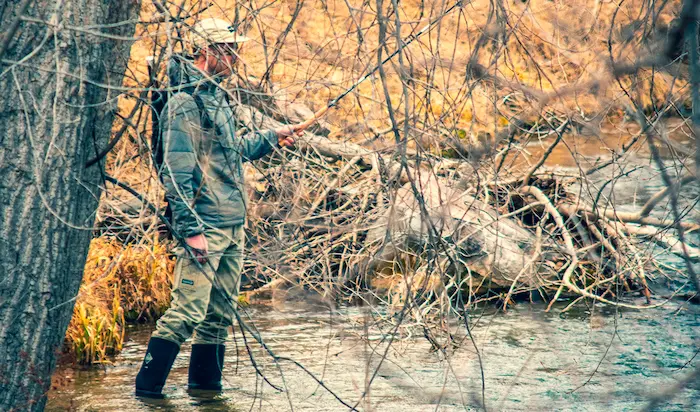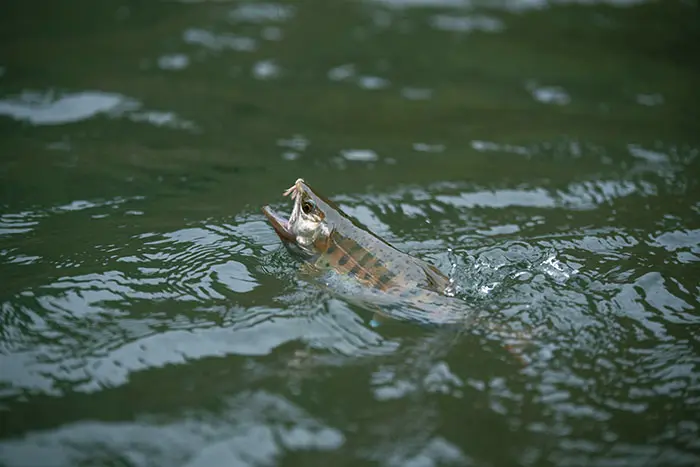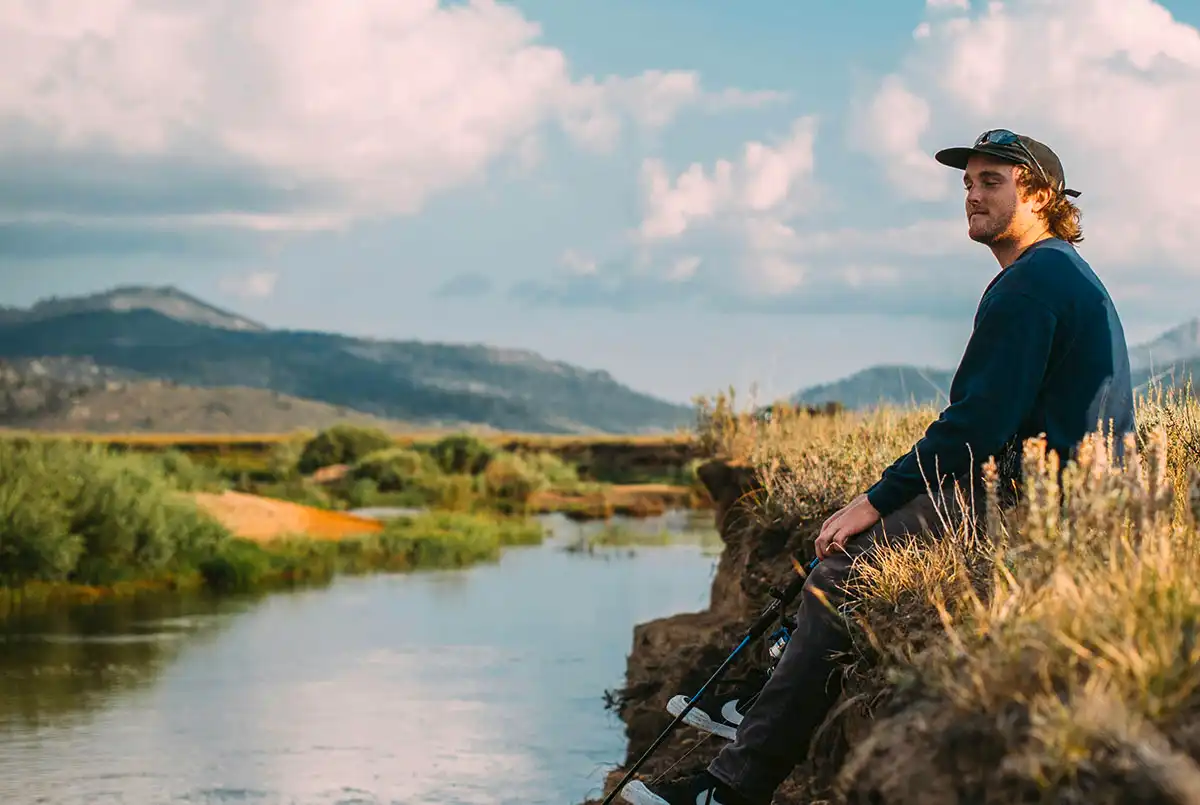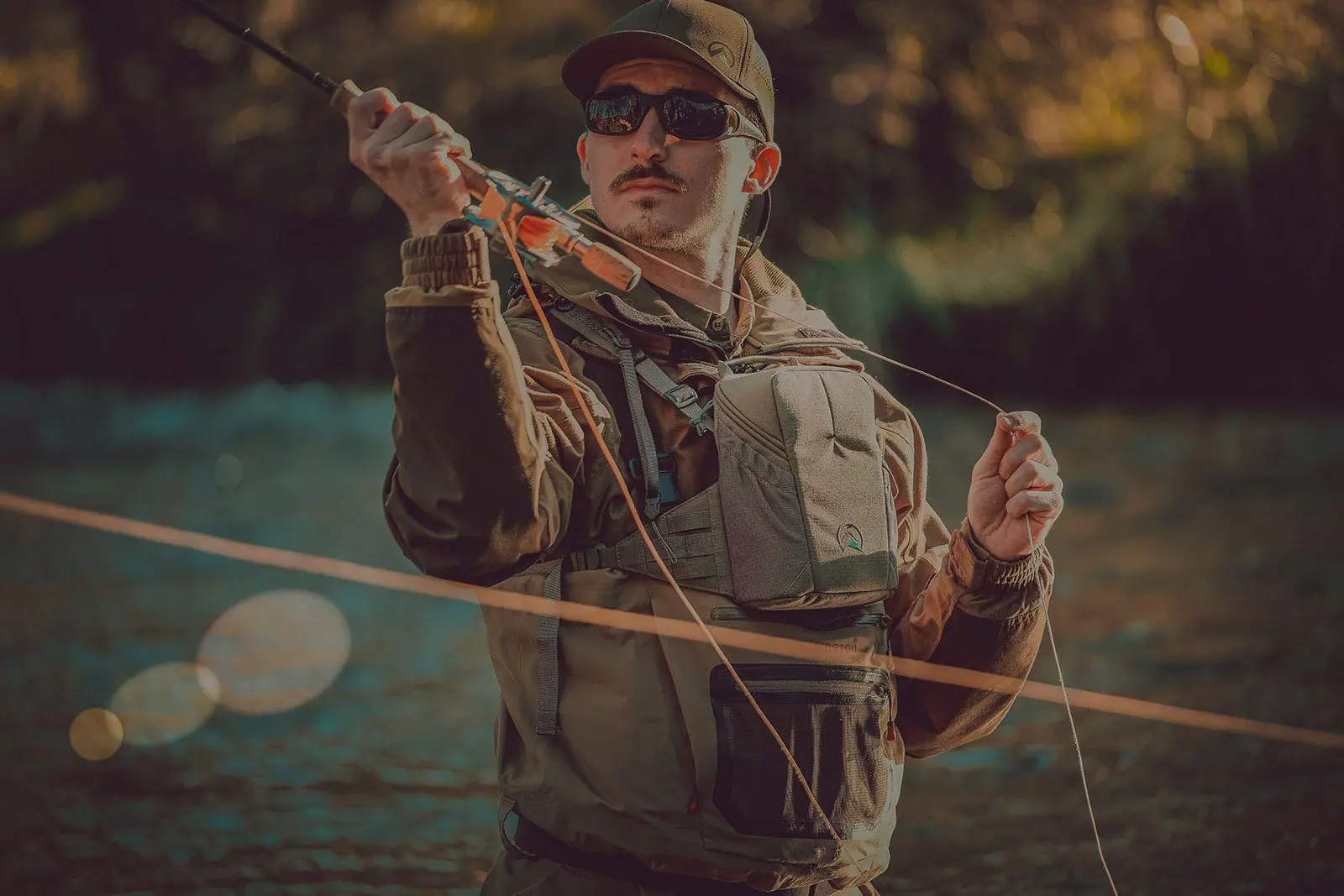Top 10 Fly Fishing Tips for Beginners
Fly fishing is more than just a hobby—it's an immersive experience that connects you with nature and challenges your skills. For beginners, getting started can feel a bit overwhelming, but with the right guidance, you'll be casting like a pro in no time. Here are our top 10 fly fishing tips to help you begin your journey.
1. Choose the Right Gear
Investing in quality, beginner-friendly gear is essential. Start with a 9-foot, 5-weight rod and a matching reel, which are versatile for most freshwater fishing. Don’t forget your fly line, leader, and tippet. If you're unsure, visit your local fishing shop for advice tailored to your needs.
2. Learn to Tie Basic Knots
Strong knots are crucial for keeping your fly secure. Start with the improved clinch knot for attaching your fly and the loop-to-loop connection for joining your leader to the line. Practice these at home to save frustration on the water.
3. Start with Easy-to-Use Flies
Dry flies, wet flies, and nymphs are great for beginners. Patterns like the Elk Hair Caddis, Woolly Bugger, or Pheasant Tail Nymph are versatile and work well in most conditions. Check with local anglers or guides for the best flies in your area.
4. Master the Basic Cast
The foundation of fly fishing lies in a smooth cast. Focus on timing and rhythm. Start with the overhead cast and practice in an open area. Keep your wrist straight, and remember, the power comes from your arm, not your wrist.
5. Understand Fish Behavior
Learn to "read the water" by understanding where fish are likely to be. Trout, for example, often hang out in areas with slower currents, such as behind rocks, in pools, or near riverbanks. Observing fish movement can greatly improve your success.
6. Practice Patience
Fly fishing requires patience and persistence. Take your time to watch the water, adjust your casts, and enjoy the environment. It’s not always about catching fish but about mastering the art of fishing itself.
7. Pay Attention to the Weather
Weather and water conditions can significantly impact your fishing. Fish tend to feed more actively during overcast days or early mornings and evenings when temperatures are cooler. Always check the weather forecast before heading out.
8. Stay Stealthy
Fish are incredibly sensitive to noise and movement. Approach the water quietly and avoid casting a shadow over your target area. Wear neutral-colored clothing to blend into your surroundings.
9. Practice Catch-and-Release Techniques
If you’re not planning to keep your catch, handle the fish gently with wet hands to protect its slime coating, which prevents disease. Use barbless hooks for easy release, and return the fish to the water quickly and carefully.
10. Learn from Others
One of the best ways to improve your fly fishing skills is by joining local fishing groups or hiring a guide for a day. Experienced anglers can provide invaluable tips, demonstrate techniques, and help you discover the best spots.
Final Thoughts
Fly fishing is a rewarding experience that combines skill, patience, and a love for the outdoors. By starting with these beginner tips, you'll build a strong foundation for years of enjoyment. Remember, every cast is a learning opportunity, so embrace the process and have fun!

How to Choose the Perfect Fly for Different Seasons
Choosing the right fly is one of the most critical decisions in fly fishing, and it often determines whether your day on the water will be a roaring success or a lesson in patience.
Read More

Top 10 Fly Fishing Tips for Beginners
Fly fishing is more than just a hobby—it's an immersive experience that connects you with nature and challenges your skills.
Read More

Fly Fishing 101: A Beginner's Guide to Getting Started
Fly fishing is more than just a fishing technique; it’s an immersive outdoor experience that combines skill, patience, and a deep connection to nature. If you're new to the sport, it may seem a bit daunting at first.
Read More
